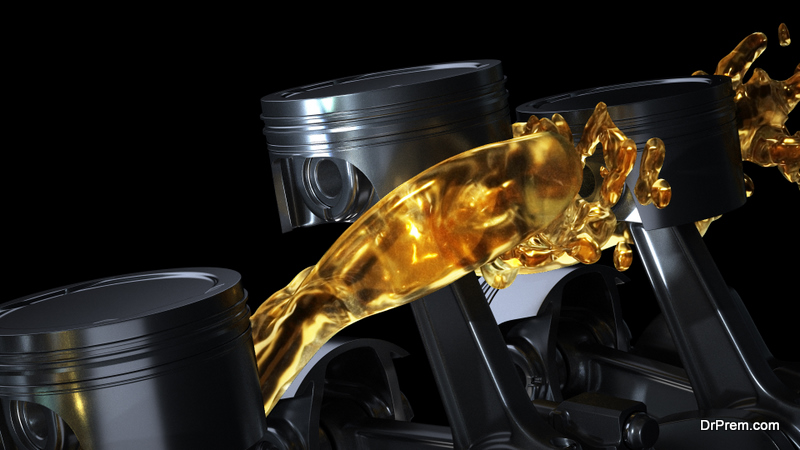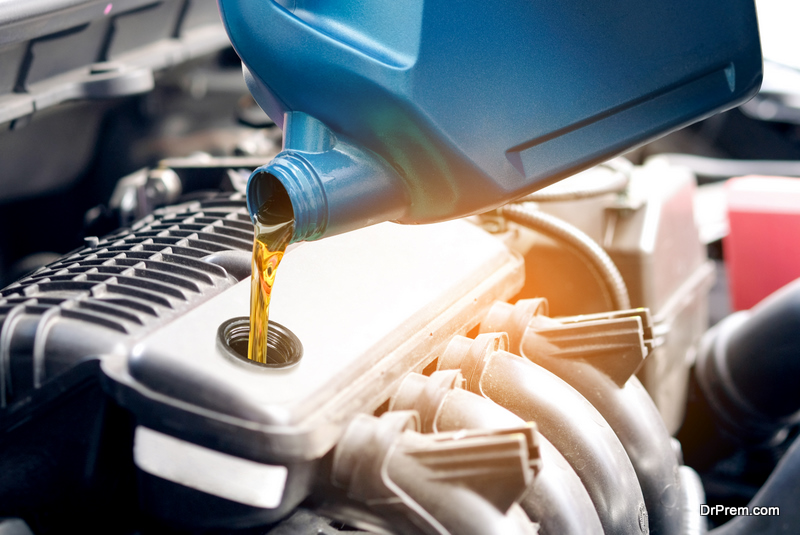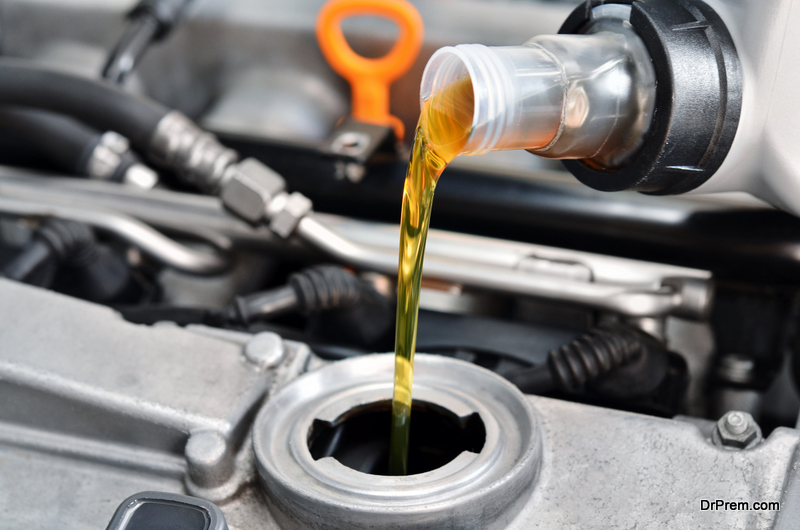When it comes to deciding on engine oil for diesel car, there are two options -mineral engine oil or synthetic oil. Each of these oils come with different properties. So how will you decide which one to opt for? In this blog, we are helping you find a viable solution.
Synthetic Oil vs. Mineral Engine Oil

Synthetic oils are distilled, refined and broken down to their core molecules. The purification process gets rid of all the impurities and enables the oil to cater to the needs of modern engines. These oils offer less friction with more stability, thereby lasts longer in comparison to non-synthetic oil. This is why experts recommend it as the ideal engine oil for diesel car.
On the other hand, mineral motor oil is generated from crude oil. It is known to provide more lubrication at normally high temperatures and maintain stability for a longer duration. This is a conventional oil that is later modified to enhance its lubricant and protective properties. Mineral oil lacks efficiency when the engine experiences extremely high temperatures.
There is also semi-synthetic oil, which is made of synthetic and mineral oils. In this, you get the benefits of both the oil while eliminating the drawbacks.
Why is Synthetic Oil Preferred?
Following are the reasons why synthetic oil is considered the ideal engine oil for diesel car –
1. Enhanced Stability

Synthetic oils are designed to maintain viscosity during high temperatures and over the course of time. This assists in eliminating excessive engine wear in multiple ways. Moreover, it allows the oil to stick to the different parts of the engine more efficiently, offering greater wear protection. It also protects the engine from a dry start, which occurs when you do not drive it for a long time.
2. Improved Lubrication
Generally, synthetic oils have the ability to lubricate the engine right away. This increased ability to lubricate the parts of the engine ensures that they remain slick, especially at higher temperatures. It results in decreased wear over the course of time, increasing the longevity of your engine.
3. Fewer Deposits

When conventional oil breaks down, it tends to leave deposits that get accumulated in the engine parts. These deposits are known as sludges. It is particularly common in engines that have been operating for a long time or driving in extreme conditions. Synthetic oils do not tend to do that. In fact, some oils have the ability to remove the sludges from the engine parts.
4. Reduced Degradation
Synthetic oils are less likely to break down. This implies that they do not need to be changed as frequently as mineral engine oils. The resilient properties of former oil mean that it is able to protect your engine through all the service periods.
The kind of oil you choose from your car significantly impacts its performance. While synthetic oil is considered better than mineral engine oil, the latter is capable of protecting your engine. When you are choosing an engine oil, consider the product standards. Typically, the recommendations are written on the owner’s manual.
Article Submitted By Community Writer




